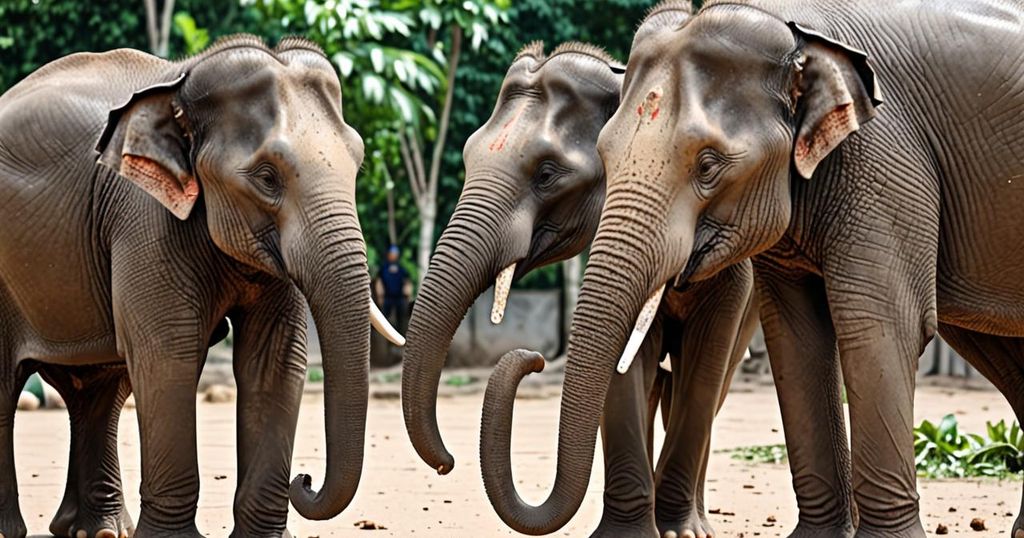The recent seminar involving exiled Myanmar leaders in Thailand has attracted attention and indicated a significant change in Thailand’s position regarding the ongoing crisis in Myanmar. The junta in Myanmar reacted with anger to the event, prompting Thailand’s foreign minister to abruptly cancel his speech. Analysts interpret this action as a departure from Thailand’s previous approach to the situation in Myanmar.
In a separate notable incident, Thai police liberated a Lao teenager who had been subjected to sexual abuse by her employer. The teenager, employed as a caregiver, was reportedly confined to her employer’s residence and had her passport confiscated, highlighting the vulnerability of migrant workers in Thailand and the necessity for improved protection of their rights.
Moreover, a Thai court recently dismissed a negligence charge against former Prime Minister Yingluck, potentially paving the way for Thailand’s first female prime minister to return from self-imposed exile. This decision holds significant consequences for the country’s political landscape.
On the economic front, millions of Thai borrowers are struggling with overwhelming debt. Thailand’s new government has introduced a program aimed at reducing the nation’s household debt, which is currently among the highest in Asia. This initiative is anticipated to offer much-needed relief to struggling borrowers.
Unfortunately, it has been 20 years since the disappearance of Thai human rights lawyer Somchai Neelapaijit, and his family has yet to see any form of justice. Neelapaijit was working on a case alleging police torture of Muslim suspects in Thailand’s Deep South when he went missing. His unresolved case underscores the challenges faced by human rights defenders in the country.
In the realm of religion, Muslims around the world recently observed the beginning of Ramadan. However, the holy month commenced amidst ongoing violence against Palestinians in Gaza, casting a shadow over the start of this important period for the Muslim community.
Furthermore, Uyghur migrants in Thailand continue to remain in detention, with no sign of release even after a decade in Thai cells. Rights groups have implored the Thai government to resist pressure from China and take measures to secure the release of these individuals.
These developments underscore the multifaceted challenges confronting Thailand and the complex issues that the country is grappling with on various fronts. From political shifts to economic struggles and human rights concerns, Thailand is navigating a diverse set of issues that necessitate attention and resolution. As the country moves forward, it will be crucial to monitor how these developments unfold and their impact on Thailand’s domestic and international standing.

Leave a Reply